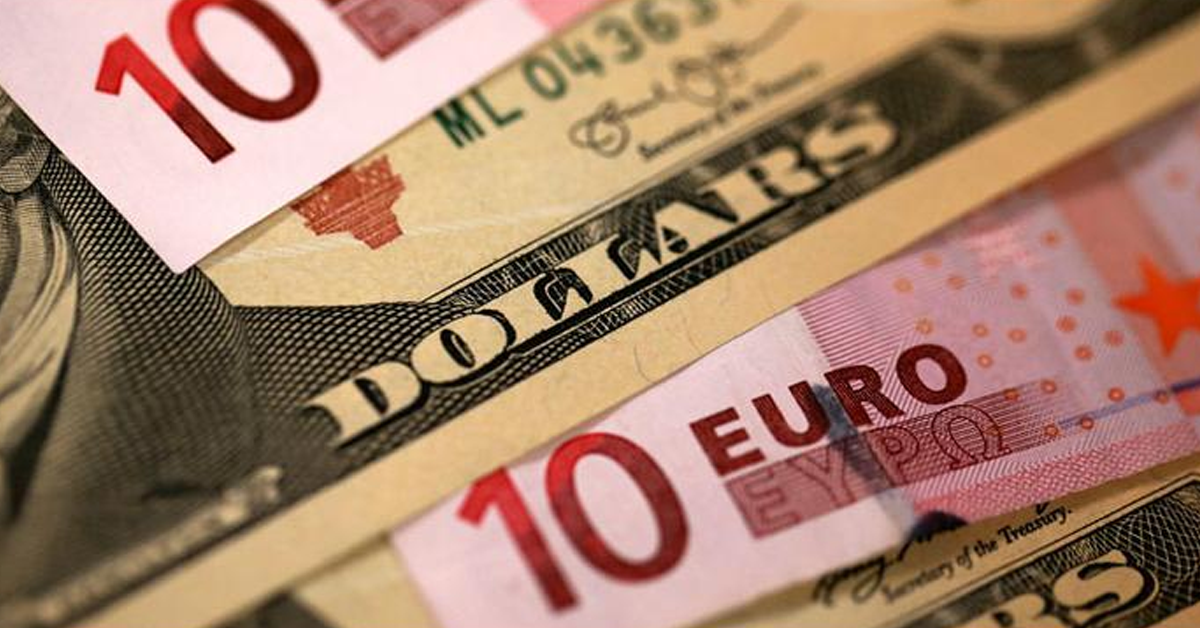EUR/USD Falls Amid Risk-Aversion Before Eurozone, US Data; Trades Near 1.0840
The Euro/US Dollar exchange rate, known as EUR/USD, has seen a decrease, reaching nearly 1.0840 in the Asian market on Wednesday. This drop is mainly because traders are being very careful due to some important economic reports that are expected to be released soon. These reports include the Euro Zone Economic Sentiment Indicator for February and the preliminary data on the United States’ economic growth for the last quarter (Q4) of the year.
Meanwhile, the US Dollar Index (DXY), which measures the strength of the US dollar against other major currencies, is trying to rise due to the cautious mood in the market. However, the lower interest rates offered on US government bonds (also known as Treasury yields) might be causing the US dollar to face some challenges. At the moment, the DXY has improved slightly to about 103.90, with the interest rates for 2-year and 10-year US government bonds at 4.68% and 4.29% respectively.
Recently, there was a small increase of 0.1% in the US Housing Price Index, which was less than the expected 0.3% and the previous 0.4%. Also, the orders for long-lasting goods made in the US fell by 6.1%, which was more than the anticipated 4.5% drop. According to predictions by the CME FedWatch Tool, the chances of the US Federal Reserve lowering interest rates in March are now only 1%. However, there’s a 21% chance of a rate cut in May and almost a 50% chance in June.
On the other side, the Euro might see some positive effects from recent statements by the President of the European Central Bank (ECB), Christine Lagarde. She mentioned that even though inflation is getting closer to the ECB’s target, the bank plans to keep its current policies for some time.
In Germany, a survey about consumer confidence for March showed a result of -29, which was in line with expectations and slightly better than February’s -29.6. Later this week, more data from Germany, including retail sales and consumer price inflation, will provide further insights into the economic situation.
Experts at Commerzbank are paying close attention to the inflation data coming out on Friday, but they don’t see any clear signs that the Euro will weaken. On the other hand, Kit Juckes, a top strategist at Société Générale, believes that whether the Federal Reserve or the European Central Bank reduces interest rates first or more aggressively will be crucial in deciding the direction of the EUR/USD exchange rate this year.











